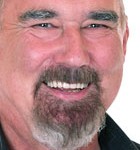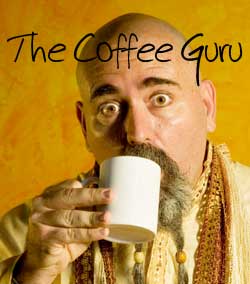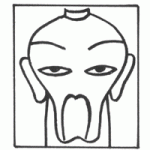
Keith Scott-Mumby MD, PhD
You are tired of the existing conditions. You want more out of life—MUCH MUCH MORE, for yourself, your family and loved ones—and better things for everyone around you. In short a better world.
You want to be happy.
You want your dreams to start coming true. You want an end to economic slavery and money to start to flow in your life— not a trickle that dried up every time you feel you are getting somewhere— a real torrent, a healing river of money that enables you to be, do and have all the things that you promised yourself.
You haven’t given up; that’s the key. You are still in the game. There is always the hope of a brighter future. You know it’s out there somewhere, if only you can find the right strategies to move forwards to your dream.
Not true? Well then, you are reading the wrong blog! Switch to another. May I suggest something from the psychology shelf at the bookstore, a book that explains the pathetic inadequacy of depressed and negative people, how it isn’t really their fault but the world is somehow against them…
If it is true, congratulations! You have separated from the vast herd of people who live average and unrewarding lives–with unreal hope, no dreams and little drive. For them, existence is a matter of being tossed around by Fate and circumstances, until on some dim and distant day in the future they quietly sink out of sight, a mere ripple on the surface of life’s ocean that soon vanishes.
You couldn’t even call that living. That’s existing.
If finding your dreams, living your bliss, is what you want, then you are reading what could be the most influential manual of your life. In fact it isn’t just a manual. It’s a tool— to be exact, a collection of tools, researched, developed and in some cases rewritten in a newer context by a medical doctor. Is that relevant? Well doctors are supposed to heal lives.
There is nothing quite so healing as effective knowledge which will overcome the canker of failures and loss. But there is another, more important, point to this. You may think that the only people who can uncover issues of success are those at the top. In fact the person you want to listen to is not a saint or a celebrity but someone who has walked the talk, made all the mistakes and gained the knowledge first hand, by trial and error.
If he or she can write or teach it well, so much the better.
The real issue is not about getting rich or famous, or even living to a hundred. It’s about personal achievement–and that means different things to different people. You
These tools are to enable you to gain the certainty and knowledge to fulfill all aspects of attaining success, whether you want fame, fortune or happiness (or all three, if you’ve a mind for it). With its avalanche of inviting and razor-sharp strategies, you will be able to identify your REAL dream from amongst all the illusions and capture it into concrete steps which will transform your future from an endless vague horizon to a sharply focused map, with everything you need to succeed marked along the way.
It isn’t a “universal plan”. You are too singular and individual for that. It shows you how to capture your future, neatly and uniquely, take control of your life and start moving forwards to that dream. It tells you what you MUST DO, what is merely accessory, what you MUST NOT DO and finally how to recognize what is unimportant, irrelevant and distracting.
Seize Full Control Of Your Life
You can dream all you like about happiness, wealth, power, prestige, success– but unless you have an integrated action plan to make it all come about, you can’t possibly succeed.
Thoughts change nothing, without being linked to action. All the motivational books in the world won’t help you get from A to B. Travel guides describing the attractions of the place you want to go are merely rhapsodizing about being there. What you need is a map, a travel timetable, an itinerary and some means of transport. If you are a true adventurer, poring over maps and route-finding is every bit as exciting as travel.
My 10-CD project “How To Make Any Dream Come True” (re-released soon!) will show you how to turn any dream into a meaningful reality, by giving you a standardized, effective means of creating plans that work, complete with steps, prioritization and cross-feeding of stages.
Done properly, it cannot fail to turn what you want into reality.
It is a framework into which you can project all your ideas. It will give scope, order and consistency to your life from this point onwards.
But it is still a plan you have to DO, not just think about.




